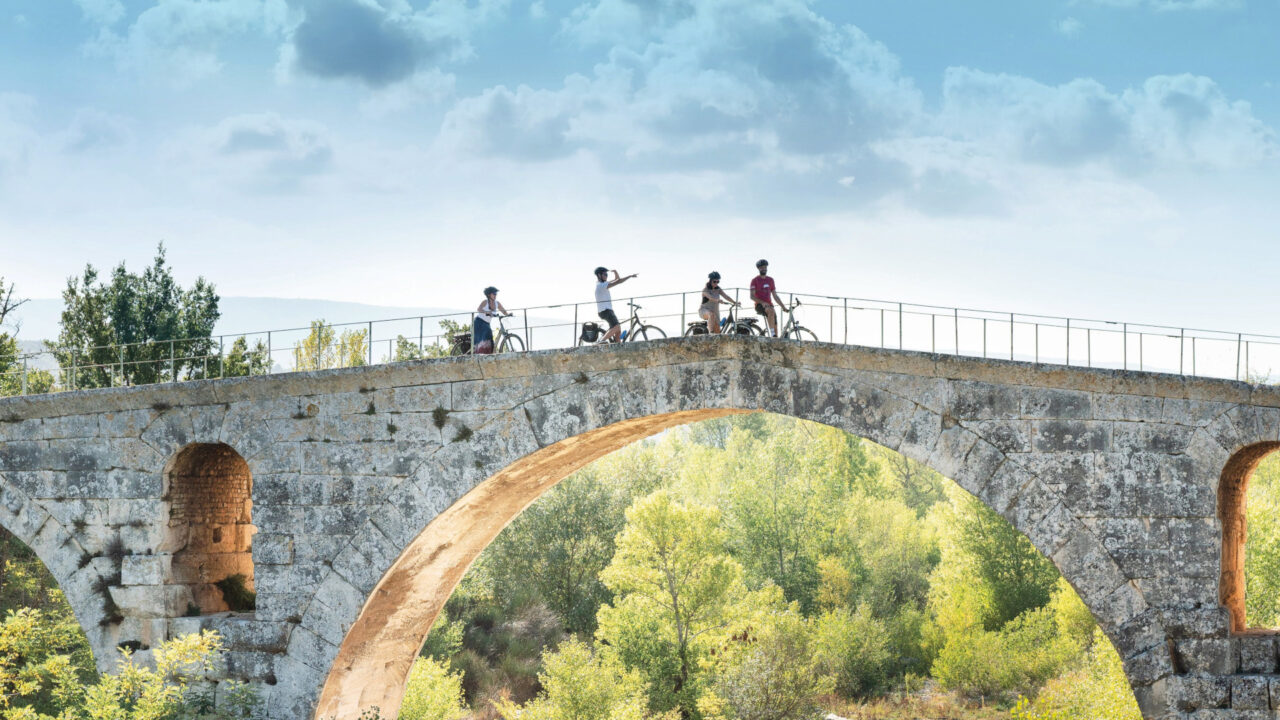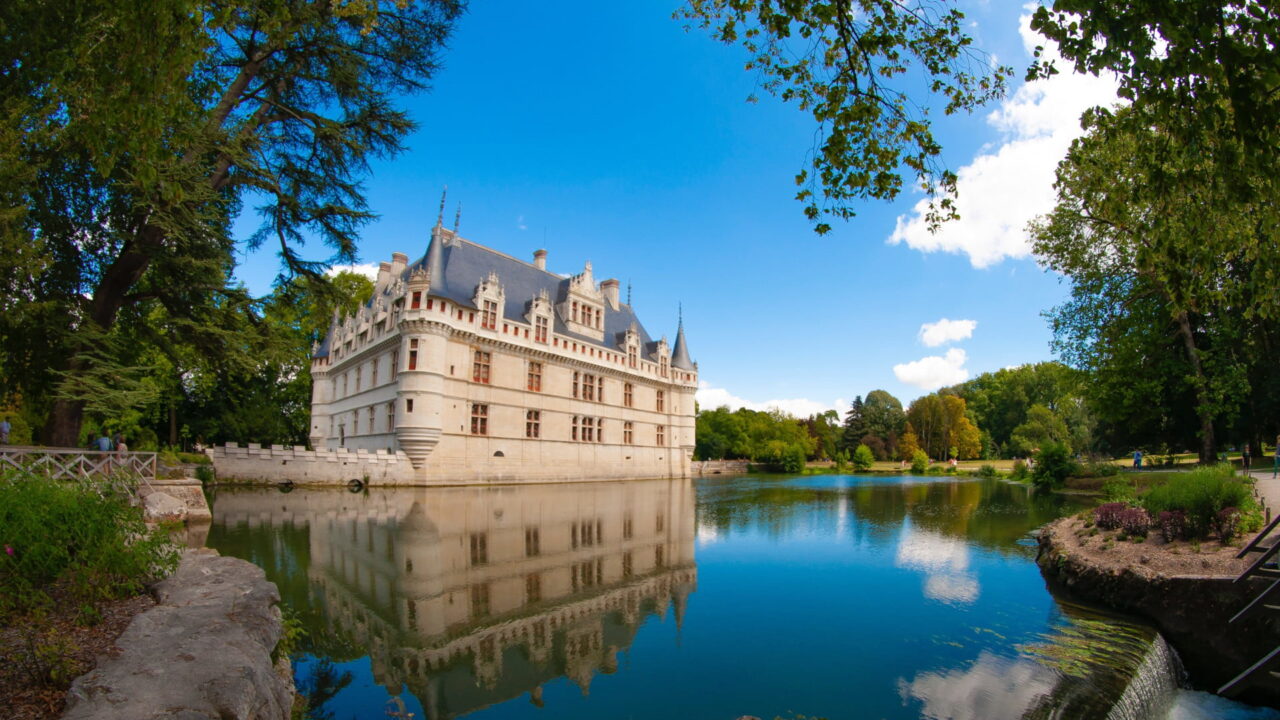About World Bicycle Relief
The Challenge
Globally, the World Bank estimates that more than three billion people live in rural areas of developing countries, with one-in-five living in Sub-Saharan Africa. In these communities, distance and lack of mobility constrain access to critical services and opportunities as transport options remain a daily challenge. Governments lack sufficient funding to maintain public transportation and road networks, while most households lack the resources to purchase transport assets like a motorbike or bicycle. Walking is the primary mode of transportation and distance is a pervasive obstacle.
The Work
To address the challenges of distance and mobility, WBR manufactures and distributes a rugged, specially-designed, locally-assembled bicycle to students, health service providers, entrepreneurs, and workers. They invest in and partner with communities by promoting local ownership and oversight of their programs, training community-based bicycle mechanics to ensure ready access to maintenance services and connecting each community to a sustainable supply chain of spare parts.
The Result
Since 2006, WBR has distributed over 800,000 bicycles and trained over 2,000 bicycle mechanics across 19 countries. The results have been profound. Students attend more classes, remain in school, and perform better academically. Community health workers travel to more distant households, conduct more patient-visits per month, and continue to serve in their roles for longer. And, farmers transport more goods to market, experience less post-harvest loss, and boost their incomes.





